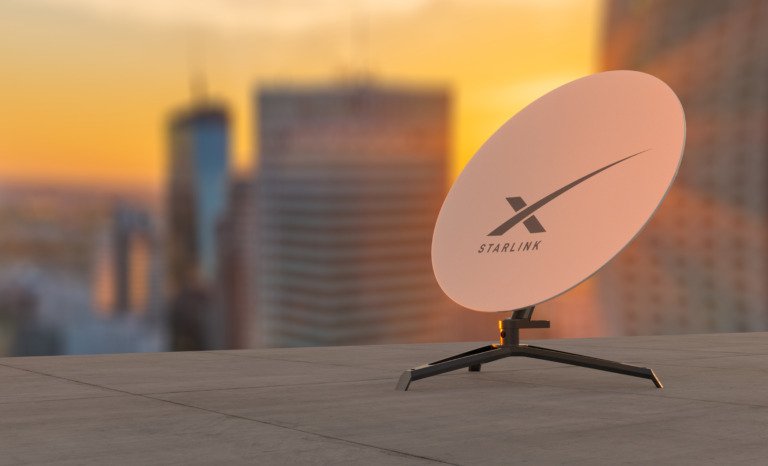SpaceX, the satellite internet company owned by Elon Musk, has announced plans to roll out its Starlink service to 37 African countries this year. According to the company, Angola, Kenya, Mozambique, and Zambia will be the first to receive the service by June, with Zimbabwe and over two dozen other countries set to be connected by the end of the year.
The Starlink service aims to connect hard-to-reach rural communities to the internet, however, the cost of the service may require governments and donor organizations to subsidize the deployment. Starlink operates by using low earth orbit (LEO) satellites, which are closer to the earth and able to receive and transmit information with lower latency than traditional communication satellites.
The company plans to deploy 12,000 satellites by 2030 at a cost of around $10 billion and aims to have as many as 42,000 satellites in the future to offer strong coverage globally. However, the rollout of the satellite service requires regulatory approvals by each country.
Starlink’s service is not the only one of its kind, with companies such as Amazon’s Kuiper, Britain’s OneWeb, venture capital-backed Planet, and Raytheon Technologies Corp’s Blue Canyon Technologies also developing similar services.
The United Nations set a target of achieving universal internet access by 2030, but the chronic deficit of telecoms infrastructure on the continent raises doubts whether the target can be met without drastic action. The cost and difficulty of constructing traditional infrastructure in remote areas make satellite internet a viable option for connecting these communities.
In the United States, Starlink offers unlimited data and speeds up to 200 Mbps for $110 per month on top of an initial payment of $599 for the mountable satellite dish and router, which subscribers need to install at home. Starlink has not yet announced any discounts for Africa, where a fifth of the population, about 200 million people, are not covered by a 3G signal.
